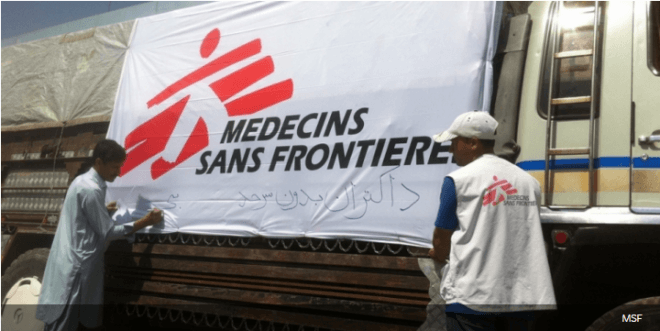
The Indian government's move of granting a patent to a Hepatitis C drug of a United States-based pharmaceutical company is likely to block the access of the crucial medicine to 50 million patients outside India, Shaily Gupta, advocacy and communications officer, Medecins Sans Frontieres (MSF), told International Business Times, India.
Gupta said countries such as Brazil, China, Thailand, Malaysia, Ukraine and Iran could bear the brunt as they may not receive the raw materials, or the Active Pharmaceutical Ingredients (APIs), for the drug from India due to the government decision.
The Indian Patent Office (IPO) on Monday granted a patent to the U.S.-based Gilead Pharmasset's expensive Hepatitis C drug (Sofosbuvir), despite opposition by the indigenous drug firms and health activist groups.
The U.S. Food and Drug Administration (USFDA) had in January announced a priority review of Gilead's drug and assigned it the designation of a breakthrough therapy, which is granted to investigational medicines that may offer major advances in treatment over existing options.
Sofosbuvir is one of the most expensive medicines, at $1,000 per pill ($84,000 for a 12-week treatment) in the U.S., and has been priced similarly in developed countries.
In India, however, due to the availability of cheaper hepatitis drugs, it will not be priced too high. The generic versions of the drug are available at $335 for a 12-week course, as Gilead had already entered into a licensing agreement with various Indian pharma firms.
The activists and drug firms argue that the grant of the patent will hit those Indian generic pharma companies, which plan to manufacture the drug independently or export the raw materials for the drug to the developing countries. The grant of the patent has surprised them, especially since the authorities had rejected Gilead's application last year.
Indian drug companies BDR Pharma and the Optimus group, along with three other applicants, had registered their opposition with the authorities over the grant of the patent to Gilead's drug. These two companies supply raw materials to various developing countries.

















